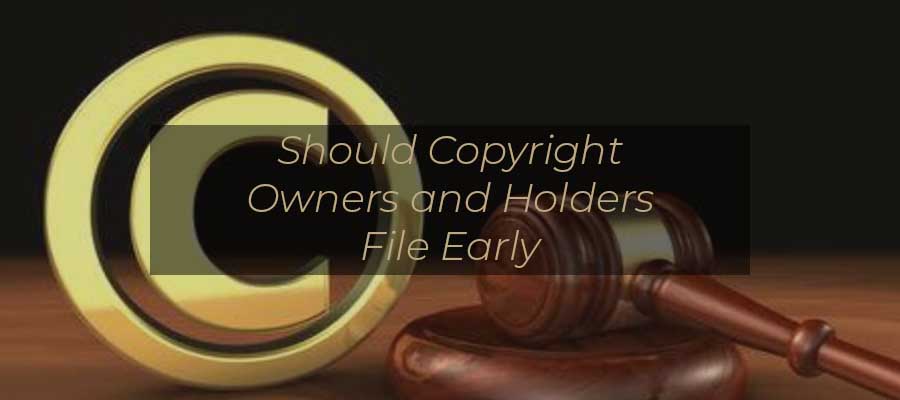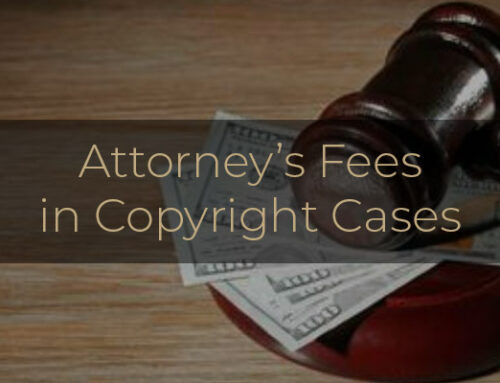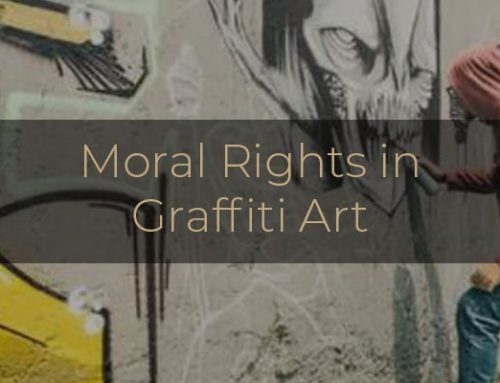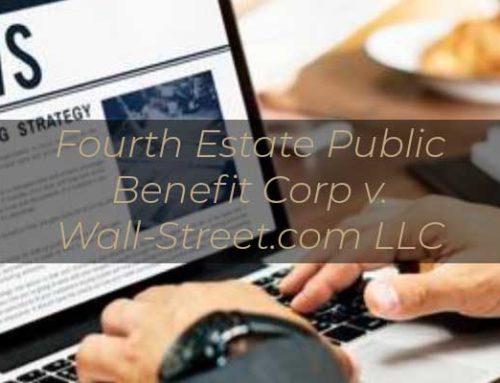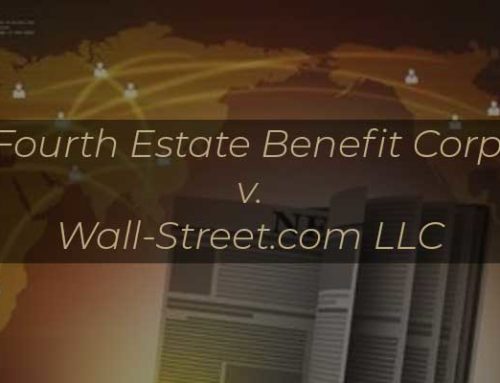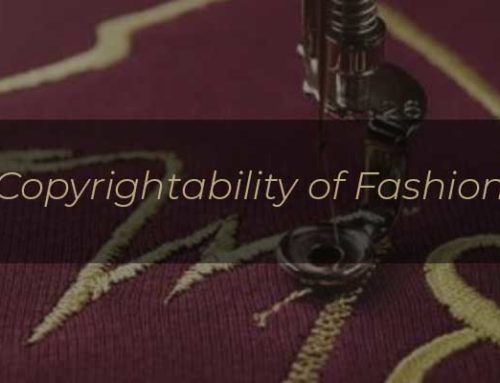Should you wait to file for formal copyright protection until after when you’ve learned that someone is copying your work? Prospective plaintiffs seeking to file a lawsuit for copyright infringement may often seek to file a Copyright Registration Application with the U.S. Copyright Office only after they have learned that someone else is selling their work or a suspiciously similar work without their permission. Unfortunately, copyright protection, and the ability to enforce a copyright by seeking a judgment in court, does not best reward proceeding this way.
U.S. Copyright law allows a copyright holder/owner to seek an injunction (forcing the infringer to stop), actual damages, or statutory damages (amounts set by law, including special increased damages for willful infringements) and even their attorney’s fees; this provision of “automatic” damages (and attorney’s fees) was included in the statute to promote compliance by otherwise would-be-infringers to the law. See So. Credentialing v. Hammond Surgical Hospital, 5th Cir., 18-31160-cv, Jan. 9, 2020, at 1). However, there are a couple of hurdles that copyright holders face before seeking such help. First, the artistic work must be officially registered with the Copyright Office; otherwise, a federal Court will not take up a copyright infringement case based upon that work (copyright law, being a federal law, is to be pursued exclusively in federal, rather than state or municipal court).
The next, and perhaps more surprising hurdle, is that if the copycats or infringers begin their infringing acts prior to official registration of the work, the copyright holder/owner will not be able to secure statutory damages for the copying/infringing sales, but only actual damages (which are often challenging to prove and to calculate, especially if the copyright owner is not or not yet selling the work(s) themselves). The federal regional Fifth Circuit Court of Appeals, in the case Southern Credentialing Support Services, L.L.C. v. Hammond Surgical Hospital, L.L.C. (18-31160-cv), recently reminded litigants that a party cannot obtain statutory damages or attorney’s fees for “any infringement” by the accused when that infringement begins prior to registration, based on the text of the Copyright Act (of 1976) itself. So. Cred. at 1-2. This limitation on damages even extends to situations where the infringement is different in nature between pre- and post-registration of the work (the court compared pre-registration physical reproduction of copyrighted forms and post-registration general website distribution to the public of the copyrighted forms). Id. at 9.
Rather than consider each individual sale a separate infringement, or treat varieties of the copying to be distinct infringements, and look primarily to the work, instead, the appellate panel looked more to the nature of the infringer (see id. at 8 )(“an award” language means there is a single statutory award “for all infringements” [by an infringer] of a single work”[:] The single-award-per-infringed-work rule for statutory damages”) (internal quotes from text of Copyright Act), and determined that the Copyright Act is properly interpreted by examining when the infringer first engaged in their activities. If they committed “any infringement” prior to registration, then the statute itself precludes statutory damages. As the court explained, “We agree that [17 U.S.C. § 412 of the Copyright Act of 1976] bars statutory damage awards when a defendant violates one of the six exclusive rights of a copyright holder [e.g., reproduce, prepare derivative works, distribute copies] preregistration and violates a different right in the same work after registration. Any other conclusion would be inconsistent with the Copyright Act, which does not distinguish between different infringements.” Id. at 10 (internal quotation omitted) (emphasis added). The Fifth Circuit saw this limitation as justifiable to encourage authors and artists to seek prompt registration of their artistic works. See So. Cred. at 1-2.
The regional Fifth Circuit is not alone in viewing the Copyright Act this way. Other regional circuit courts, including the Ninth (Nevada is in the Ninth Circuit), Fourth, and Second Circuit courts, have reached similar conclusions. See, e.g., Derek Andrew, Inc. v. Poof Apparel Corp., 528 F.3d 696, 699-701 (9th Cir. 2008); Bouchat v. Bon-Ton Dept. Stores, Inc., 506 F.3d 315, 330-32 (4th Cir. 2007) (“Our holding flows from the statute’s plain language. Moreover, our holding has the added benefit of respecting Congress’s purposes [in enacting the section of the Copyright Act] which is to encourage speedy registration”); Troll Co. v. Uneeda Doll Co., 483 F.3d 150, 158 (2d Cir. 2007).
Note that, for those artists and authors and coders who have spotted infringement of their efforts before they have had a chance to file a copyright registration application, all is not lost. As the Southern Credentialing court points out, once they have registered their work(s), they may then seek actual damages (if any can be proved) in a federal court, and they may seek an injunction against future infringement. See So. Cred. at 11. However, perhaps the preferable path would be to take the encouraged (and comparatively inexpensive) step of filing for official copyright registration with the U.S. Copyright Office soon after the artistic or authorial work is in its final and complete form and prior to offering it for sale to the public.

